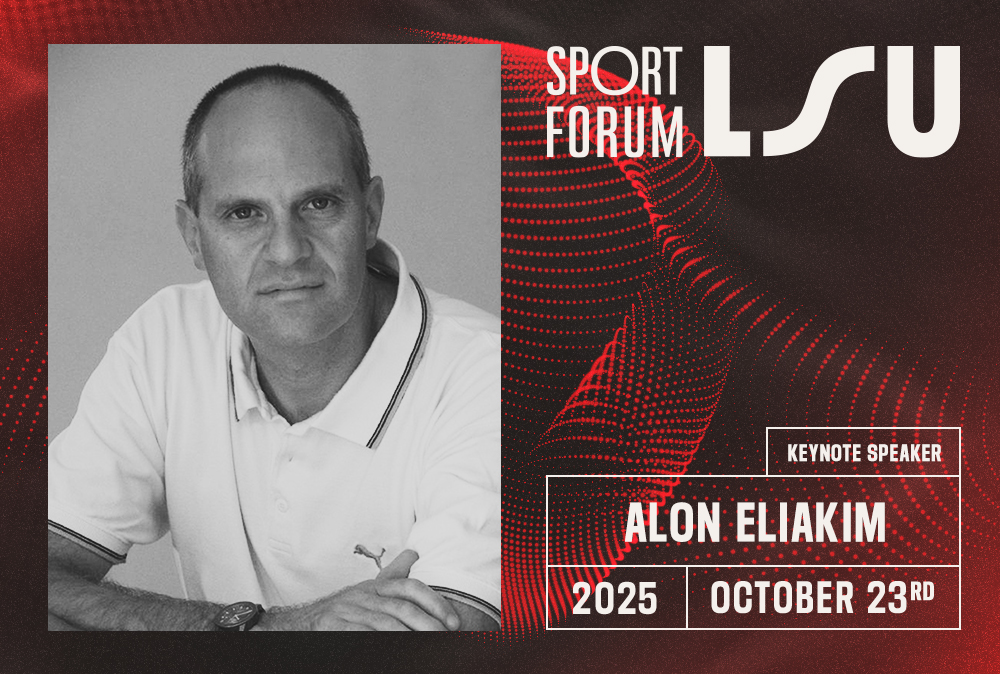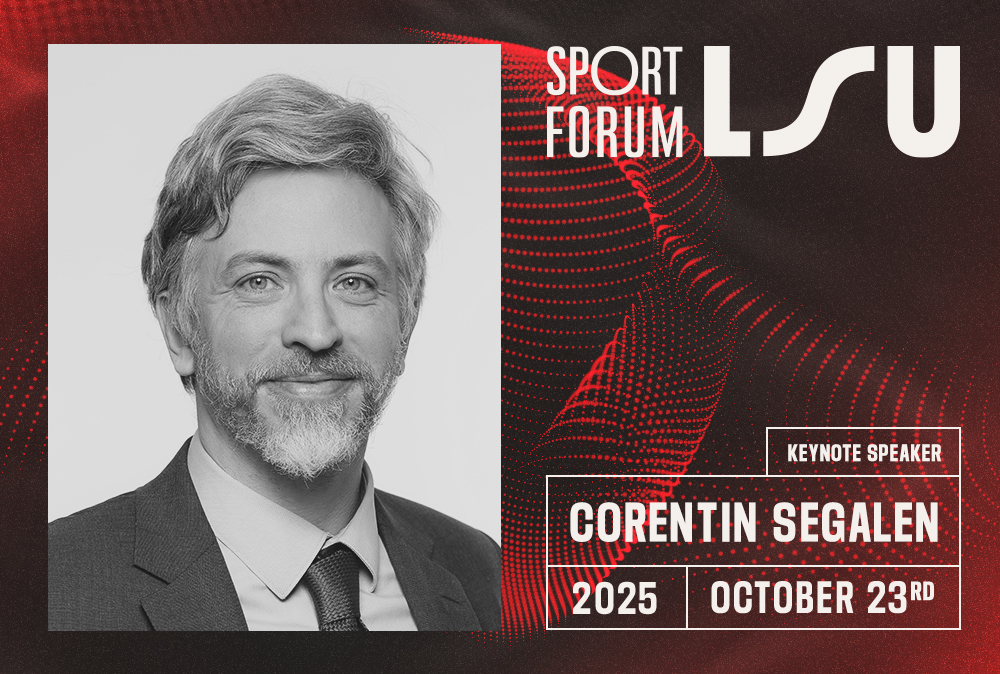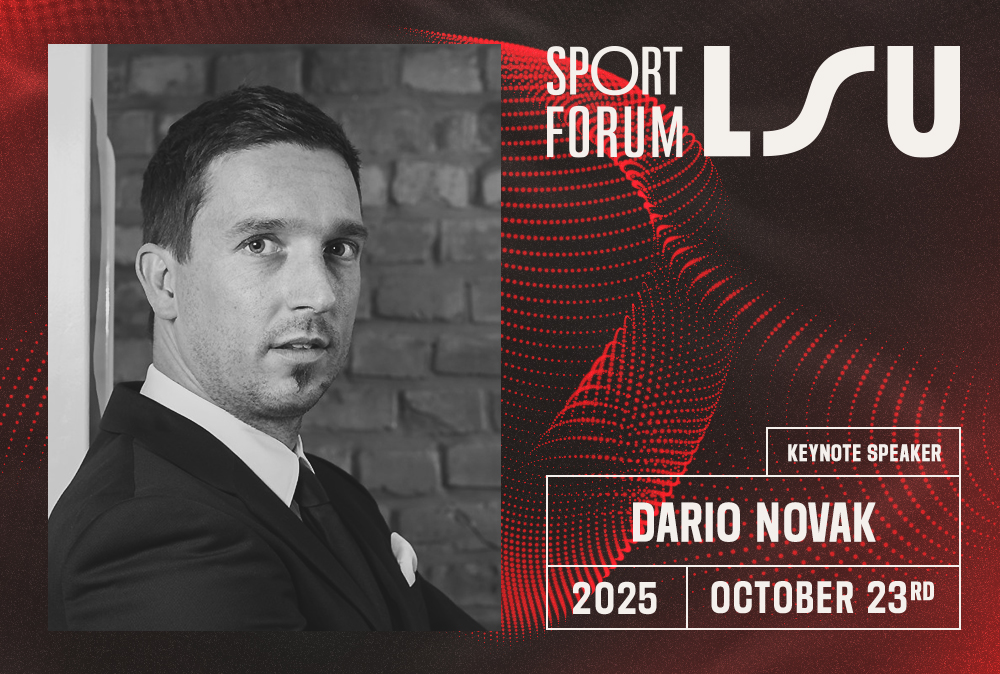Representatives of sports and culture centres came back from an internship in Norway

Representatives of eighteen Lithuanian municipal sports and culture centres returned from nearly a weeklong internship in Norway. The aim of the visit was to learn how to successfully involve local communities in a variety of sports and wellness activities and thereby improve their quality of life.
Norway is one of the European leaders in the implementation of regional policy on sport, so it’s relevant to adapt the best practices in Lithuania. An international project “Cooperation and Capacity Building in Lithuanian and Norwegian Institutions Operating in the Field of Sports Education” gave the Lithuanian representatives the opportunity to go on internship. The project is carried out by Lithuanian Sports University (LSU); eighteen Lithuanian district and city sports and culture centres participate in the project with a foreign partner, the Norwegian School of Sport Science, involved.
Discovery of the harmonious human and natural world in an early childhood
Project participants had an intense schedule in Oslo. Every day, the representatives of Lithuanian municipal sports and culture centres participated in several seminars and discussions. In addition, they went to see sports clubs, community centres, stadiums and other sports infrastructure. The representatives of the Norwegian School of Sport Science Professors Jostein Hallén, Gunn Engelsrud and Sigmund Alfred Andersen delivered lectures on practical implementation of programmes on public involvement in sport. The presenters emphasized that Norwegians place great emphasis on physical education and education in nature – Norwegians are taught to live in harmony with nature, understand their purpose in this world and survive in primitive conditions. Children are taught from early childhood as they go hiking in the woods, parks, and mountains or by the sea for several days or even weeks. The essence of this philosophy is to feel no stress, rush or racing, just be in nature and feel it. Professor Jostein Hallén invited project participants to try such an activity and go on a 6-kilometer hike in the Frognerseter forest of Oslo community.
Representatives of various Norwegian sports organizations emphasized the Norwegians focus on feeling the joy of sport, rather than on striving for victories and good results. Such values as respect for one another and sociality are introduced to children through sport since their early childhood.
Volunteering is the basis of sports and health promotion in communities
Per Tøien, NIF’s (Norwegian Confederation of Sports (Norges idrettsforbund)) head of communications characterised the Norwegian sports organizations and told about the organization of sports and health promotion activities and the role of volunteering in it. The Director of Norwegian National Fitness and Health Promotion Association Anne Thidemann shared the information on the Norwegian fitness and health promotion sector. The participants were able to see how the sector works in practice by visiting “Fresh Fitness” club, which belongs to Norway’s largest sports and health promotion network, a gym “SATS ELIXIA”, and by having a discussion with club-goers, personal trainers and group exercise instructors working here.
A number of lecturers named insufficient physical activity of adolescents to be a big problem in Norway, the situation being quite similar to the one in our country. In their childhood Norwegians implement physical activity rates recommended by the World Health Organization almost by 100 per cent, but the teenagers in this country outperform even 65-85 year-old seniors by their inactivity. Project speakers admitted that the problem is mainly caused by new technologies, because teenagers spend most of the time at the computer or a variety of smart devices. Thus, the country's biggest challenge is to attract young people to sport. The year of 2016 has been declared the year of the youth in sports in Norway.
It was interesting to learn that about 80 per cent of Norway's coaches work on a voluntary basis. Children are often trained by a father of one of the children in a sports team, who voluntarily carries out such activities in his free time after work. Coaches are usually paid only in professional sport, which was difficult to understand for Lithuanian representatives. About 33 per cent of all Norwegian sports clubs are involved in volunteering. Volunteering in Norway has a very long tradition. Such activity provides people with pride, a sense of togetherness; they share an activity for the sake of a common goal.
The participants learned how sporting activities are organized in a smaller urban community, how sports complexes are financed and operated as well as the role of local authorities in health field in Norway after they came to a 90,000 square-meter Baerum Municipal Sports Complex, which consists of not only football, basketball, volleyball halls and gyms, but also a track-and -field manege. Later project participants visited a community sports club “Verk Hauger”, where mainly children and young people go in for sport, inspected its facilities and the club manager Jarle Opsahl told in detail how activities in such sports clubs are organized.
After internship in Norway the project participants will apply the knowledge gained in their work and share with regional institutions engaged in sports and health activities in Lithuania.



